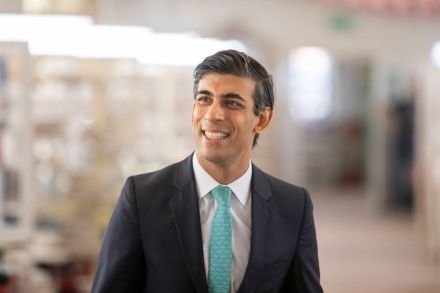Is Rishi Sunak on the path to No. 10?
14 min listen
In her Telegraph column this week, Katy Balls writes about the Chancellor who everybody loves. But the road to No. 10 is not easy – what are the pitfalls Rishi Sunak could face in the months ahead? Cindy Yu talks to Katy and James Johnson, former pollster at No 10 and co-founder of J.L. Partners.





















